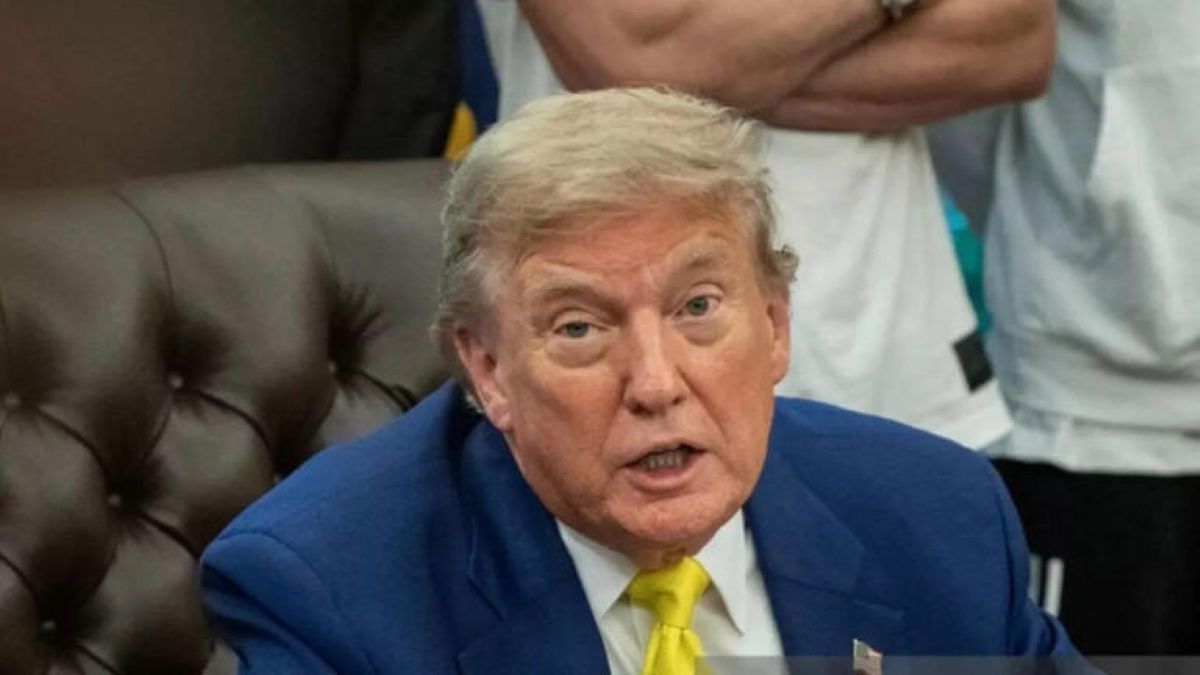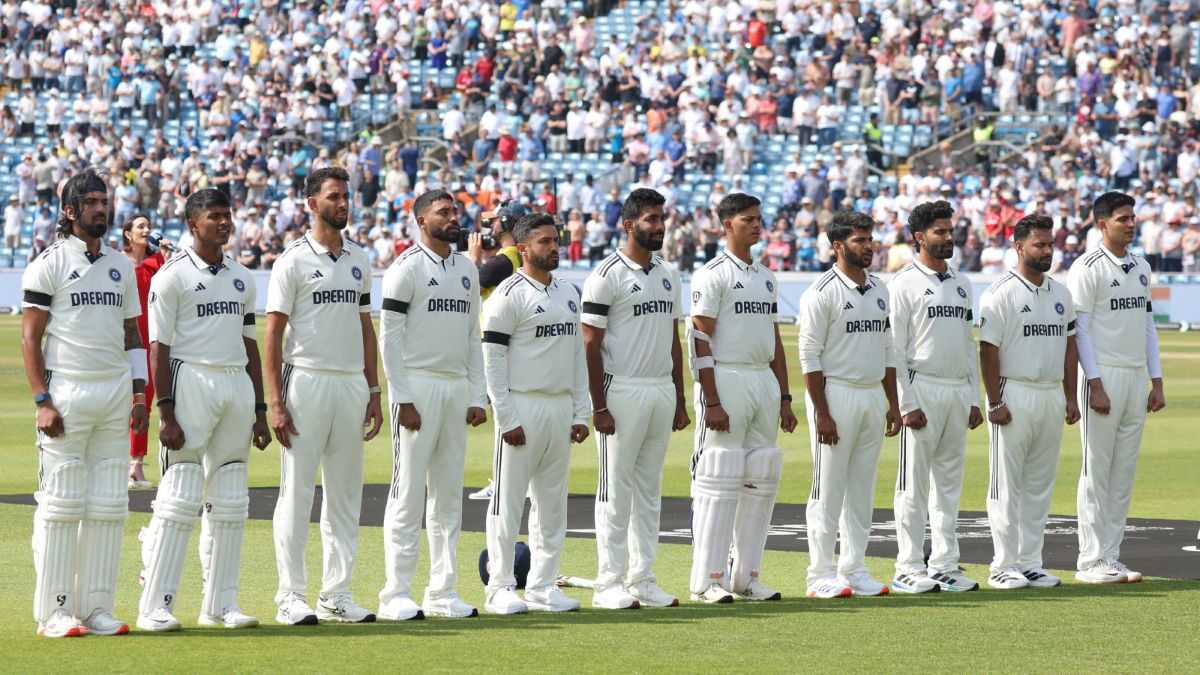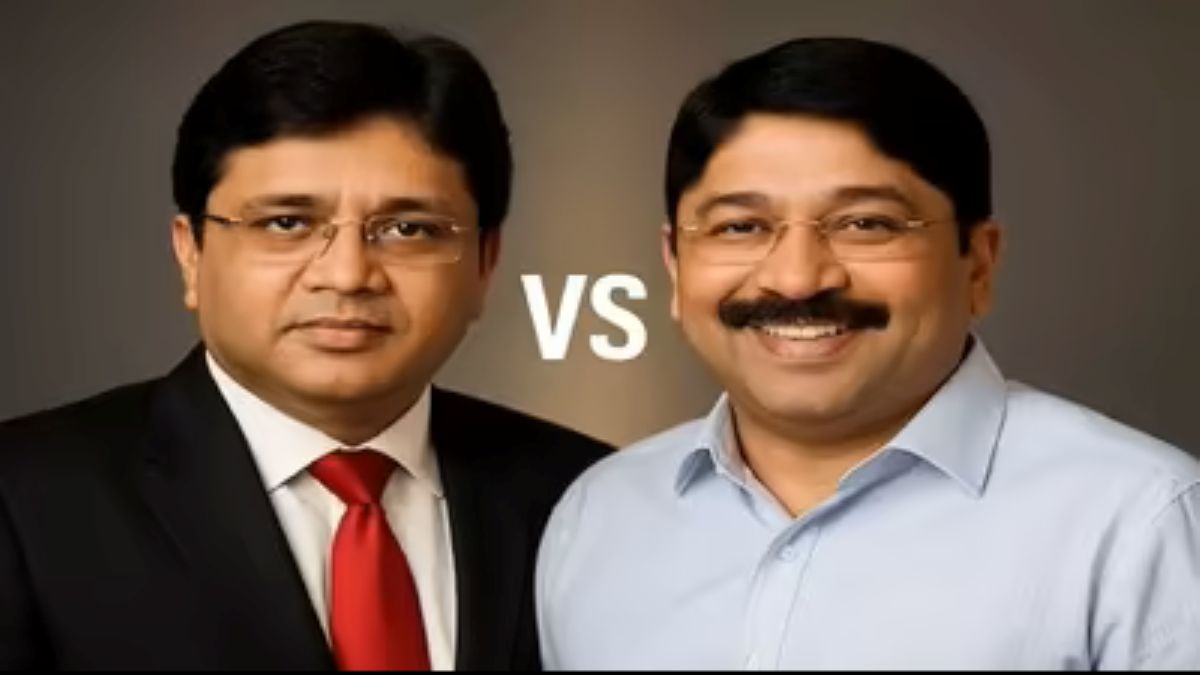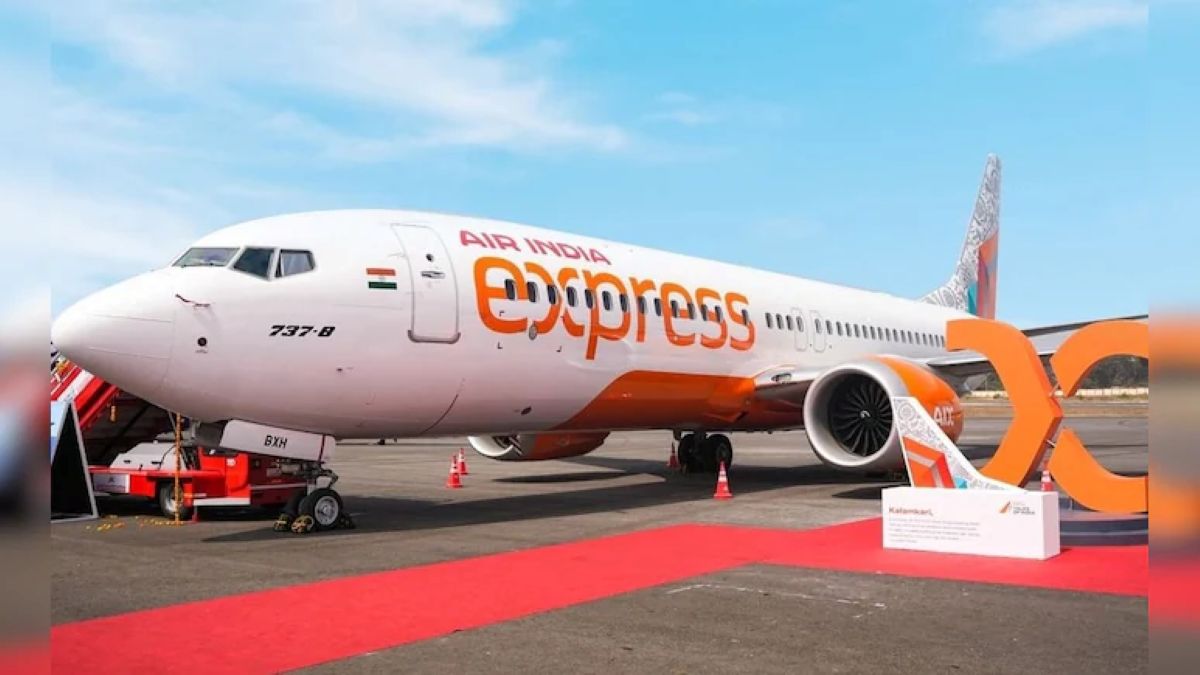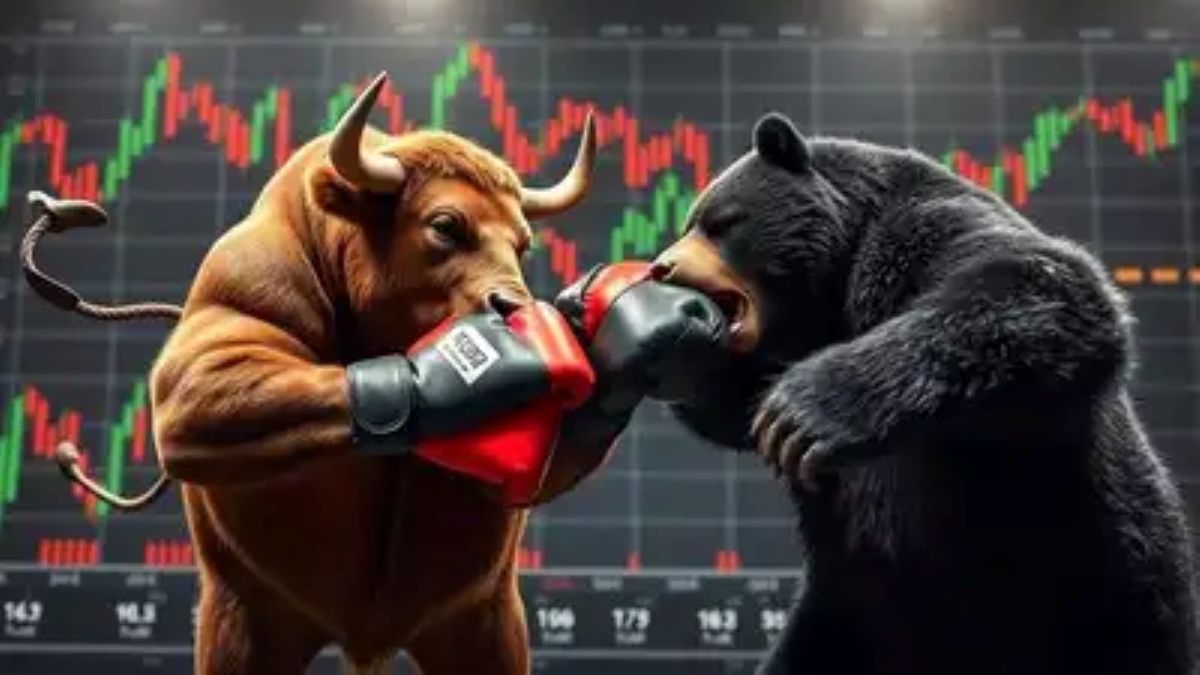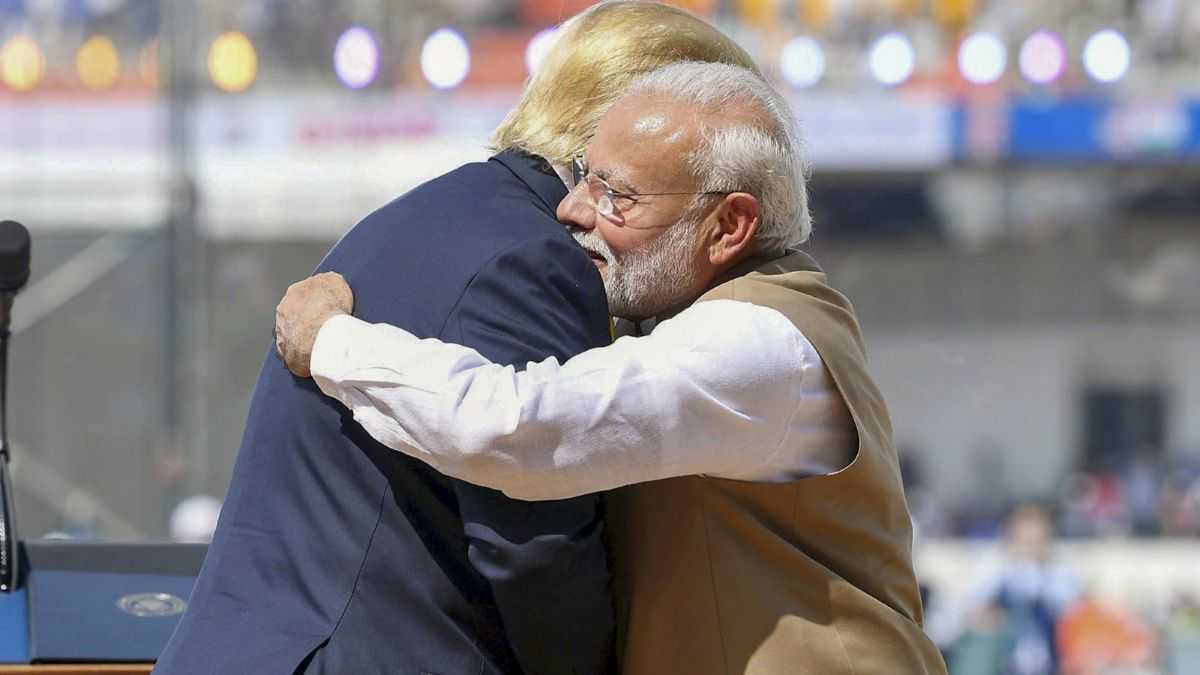
Bhubaneswar, Odisha (June 15, 2025) — In a striking revelation that underscores the deep-rooted spiritual and cultural connect Indian Prime Minister Narendra Modi maintains with the people of India, the PM Modi shared that he had politely declined an invitation from former U.S. President Donald Trump for a dinner meeting in Washington D.C., choosing instead to prioritize his long-scheduled visit to Odisha, the “land of Mahaprabhu.”
This disclosure was made during a large public event in Bhubaneswar, as PM Modi addressed thousands gathered to mark the BJP-led government’s first year in office in the state. The statement instantly resonated across political and social circles, with many hailing it as a powerful assertion of cultural diplomacy over conventional foreign policy optics.
Trump Invited Me, But Mahaprabhu Called Me”
While addressing the crowd, PM Modi said:
“During my recent G7 Summit trip to Italy, I received a message from former U.S. President Donald Trump. He invited me to stop over in Washington on my way back and have dinner. I respectfully declined and told him, ‘Thank you, but I must visit the land of Mahaprabhu.’”
This quote, soon shared widely on social media platforms, was seen as symbolic of PM Modi’s prioritization of spiritual obligations and people-first governance.
The G7 Summit 2025 held in Italy’s Apulia region was attended by global leaders, including PM Modi. It was after this summit that the former U.S. President Trump extended his personal invite, signaling a continued diplomatic rapport between the two prominent leaders.
Read Also: PM Narendra Modi Receives Spiritual Welcome in Croatia with Gayatri Mantra Chanting in Zagreb
Source: ANI News
Why Modi Chose Odisha Over the U.S. Capital
The PM Modi emphasized that his visit to Odisha had long been scheduled, and he couldn’t afford to miss interacting with the people of the state, especially ahead of the Rath Yatra, the grand festival dedicated to Lord Jagannath.
Modi said:
“I am here on a sacred mission. This is the land of Lord Jagannath. I have come to offer my respects and unveil major development projects that will shape Odisha’s future.”
Odisha holds deep spiritual significance as the seat of the famous Jagannath Temple in Puri, which draws millions of devotees annually. PM Modi’s refusal of Trump’s invite was thus seen not as a snub to diplomacy but as a strategic nod to domestic priorities.
What Foreign Secretary Vikram Misri Confirmed
Adding clarity to the development, India’s Foreign Secretary Vikram Misri stated that PM Modi’s schedule was already fixed and involved a packed itinerary across Odisha. The U.S. stopover, while appreciated, simply did not fit into the logistics.
“The Prime Minister had a pre-scheduled engagement in Odisha post his return from the G7 Summit. The call with Mr. Trump was cordial and lasted over 30 minutes,” Misri added.
The Ministry of External Affairs later confirmed that while Modi declined the dinner invite, he welcomed future bilateral dialogue between the two nations.
Major Announcements in Odisha
PM Modi’s visit to Odisha wasn’t symbolic alone—it was packed with major announcements and inaugurations aimed at catalyzing the state’s economic and infrastructural growth.
Among the key highlights of his visit:
- Launch of Boudh Railway Line, connecting backward regions of the state with mainstream infrastructure.
- Inauguration of several drinking water supply projects under the Jal Jeevan Mission.
- Announcement of health, education, and rural road projects across western Odisha.
Rollout of the ambitious “Vision Odisha 2036” document that aims to make Odisha a $500 billion economy by the state’s centenary of formation.
The Modi-Trump Relationship: A Diplomatic Backdrop
It’s no secret that Modi and Trump have shared a warm diplomatic relationship in the past. From the massive “Howdy, Modi!” event in Houston to the “Namaste Trump” rally in Ahmedabad, the two leaders have engaged in high-visibility joint events.
Donald Trump is currently campaigning for a potential return to the White House in 2024, and the invite extended to Modi can be interpreted as both personal outreach and political signaling. By choosing Odisha, however, Modi signaled that his political ethos remains rooted in India’s cultural soil.
This move might even work in his favor diplomatically—projecting him as a global leader with strong cultural grounding.
Experts React: A New Era of “Culture-First Diplomacy”
Leading foreign policy analyst C. Raja Mohan wrote in a column for The Indian Express:
“By declining Trump’s invitation and publicly explaining why, Modi has elevated domestic cultural priorities onto the global stage. This may redefine how we perceive Indian diplomacy.”
His opinion aligns with growing academic discussions around “culture-first diplomacy” where local identity and traditions influence international relations.
A Calculated Political Message?
With state assembly elections in Odisha just over two years away, Modi’s decision to prioritize the state might also carry a strategic message. The BJP has been keen on expanding its influence in eastern India, particularly Odisha and West Bengal.
By making Lord Jagannath a centerpiece of his political messaging, Modi is tapping into deep cultural reservoirs that resonate with Odisha’s voters.
The decision to skip a dinner with one of the most controversial yet influential global leaders may seem risky, but for Modi, it appears to be a well-thought-out act of symbolism and conviction.
Read Also: Modi Rebukes Trump’s Ceasefire Claims Amid India-Pakistan Tensions Over Operation Sindoor
Conclusion: A Leader’s Choice, A Nation’s Message
By declining Donald Trump’s invite, PM Narendra Modi sent a clear and calculated message—not just to Americans or Odias—but to Indians across the country. His choice to place spiritual devotion and regional development over diplomatic optics showcases a leader who prioritizes roots before routes, faith over formality, and people over protocol.
In an age where leaders often seek validation from global summits and western approval, Modi’s Odisha-first move is likely to go down as a defining moment of cultural assertion in the annals of Indian political history.
